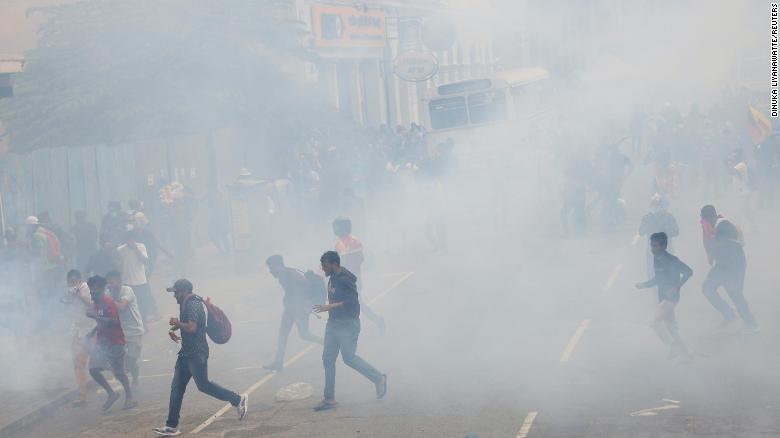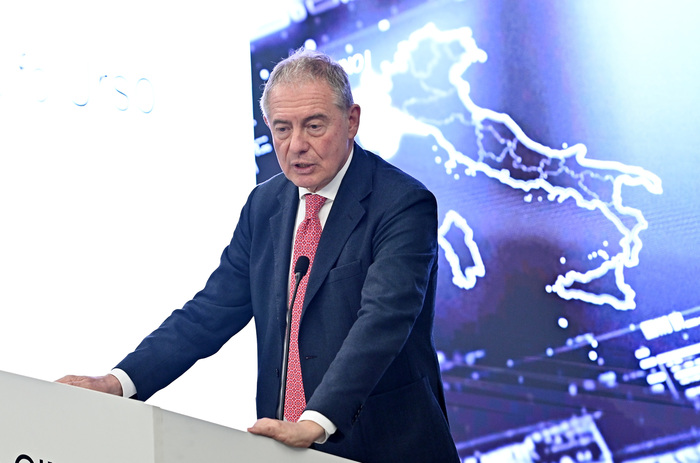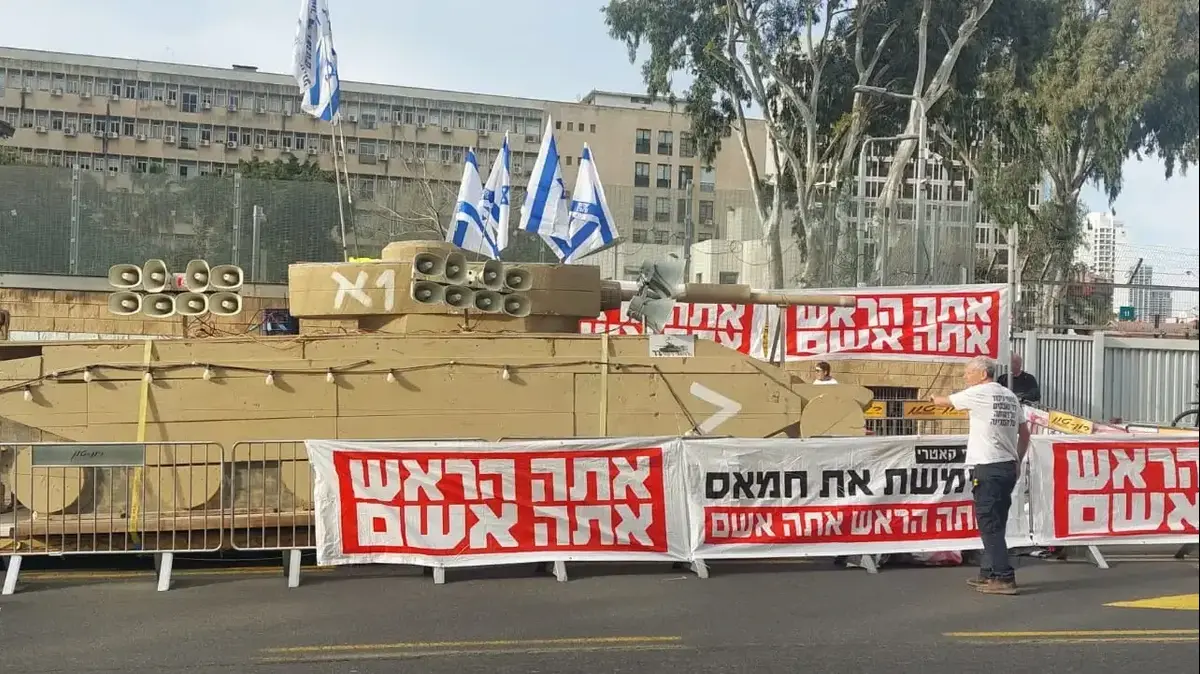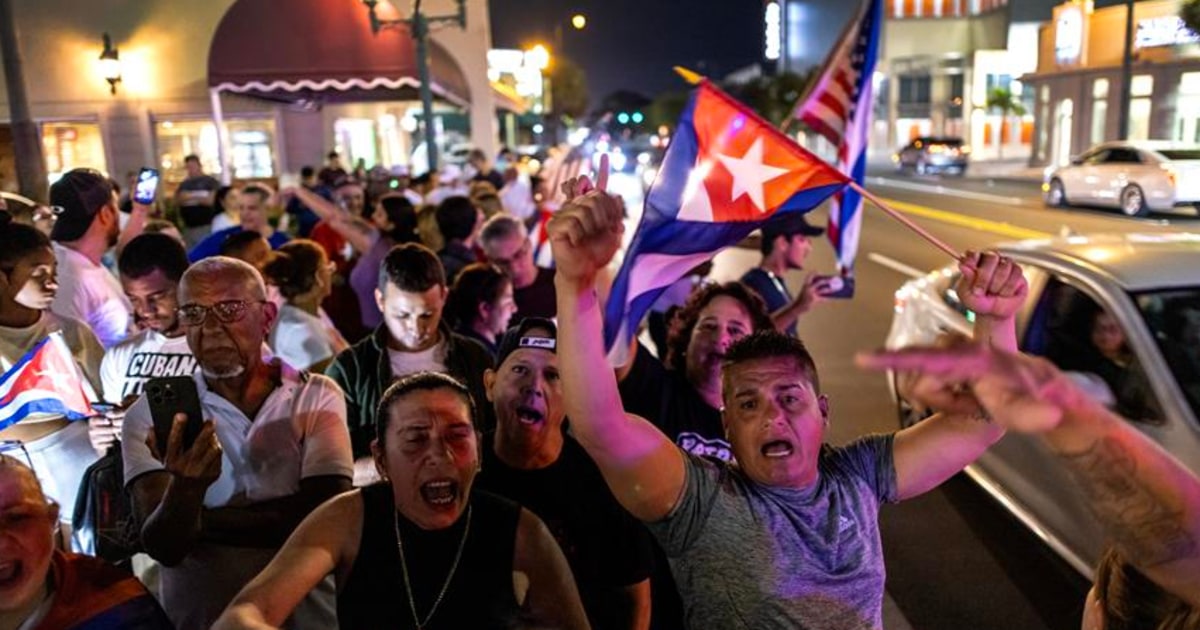Protesters swim in presidential swimming pool after storming palace in Sri Lanka 0:42
(CNN) --
Sri Lanka woke up Sunday to an uncertain future, with both its president and prime minister poised to resign after thousands of protesters stormed their homes in anger over the nation's economic crisis.
President Gotabaya Rajapaksa has agreed to step down on July 13, the country's parliament speaker announced Saturday night, after a tumultuous day in which protesters stormed Rajapaksa's official residence in Colombo and splashed in his swimming pool.
Protesters also attacked Prime Minister Ranil Wickremesinghe, setting fire to his private residence on Fifth Lane, an affluent neighborhood in the capital.
Wickremesinghe later said that he was prepared to resign "to make way for an all-party government".
The announcements, which protesters celebrated by chanting in the streets and setting off fireworks, represent a historic victory for protesters, who have been demanding Rajapaksa's resignation for months over his government's failure to address the country's economic collapse.
Four other ministers resigned over the weekend.
advertising
The Minister of Tourism and Lands, Harin Fernando;
Foreign Labor and Employment Minister Manusha Nanayakkara and Transport and Highways Minister and co-cabinet spokesman Bandula Gunawardena resigned on Saturday, according to the ministers' offices.
Investment Promotion Portfolio Minister Dhammika Perera told CNN that he resigned on Sunday.
Sri Lankan President Says He Will Resign Amid Mass Demonstrations Over Economic Crisis
Demonstrators protest inside Gotabaya Rajapaksa's residence, in Colombo, Sri Lanka, in this screenshot obtained from a social media video on July 9, 2022.
Sri Lanka's economic crisis
The economic crisis has plunged the Indian Ocean island nation of 22 million into a dire humanitarian crisis, leaving millions struggling to buy food, medicine and fuel.
After months of largely peaceful protests, the anger came to a head on Saturday, when more than 100,000 people rallied outside Rajapaksa's residence, calling for his resignation.
A video broadcast on Sri Lankan television and social media showed protesters entering the President's House, Rajapaksa's office and residence, after breaking through security cordons.
Footage shows protesters inside the whitewashed colonial-era building and hanging banners from the balcony.
Later on Saturday, live video broadcast by local media and seen by CNN showed Wickremesinghe's house engulfed in flames as crowds gathered around it.
Neither the president nor the prime minister were in their residences when the buildings were invaded.
Both had been moved to safe places before the attacks, according to security officials.
political uncertainty
The drastic escalation of unrest on Saturday could spell the end of the political dynasty of the Rajapaksa family, which has ruled Sri Lanka for most of the last two decades.
In a video statement on Saturday night, Parliament Speaker Mahinda Yapa Abeywardena said Rajapaksa's decision to step down "was taken to ensure a peaceful handover of power."
But how that power transition will ultimately play out remains uncertain.
If both Wickremesinghe and Rajapaksa resign, under Sri Lanka's constitution the speaker of parliament will serve as interim president for a maximum of 30 days.
Meanwhile, parliament will elect a new president within 30 days from one of its members who will hold office for the remaining two years of the current term.
The US Senate Foreign Relations Committee said on Twitter on Sunday that Rajapaksa has "lost the trust" of his people.
"Now, all parties must work together with the international community for a new government that respects the democratic and economic aspirations and upholds the human rights that the Sri Lankan people deserve," the committee said.
"The military and the police must exercise restraint and be part of the solution, not part of the problem, in this crisis," he added.
Against the backdrop of worst financial crisis in decades, Sri Lanka declares 'bankruptcy', says country's prime minister
Protesters flee tear gas used by police during a protest demanding the resignation of President Gotabaya Rajapaksa near the president's residence in Colombo, Sri Lanka, on Saturday.
Journalists injured after protests in Sri Lanka
At least 55 people were injured in the protests, according to Dr. Pushpa Zoysa of the Sri Lanka National Hospital, who said the figure included three people with gunshot wounds.
Among the injured was a lawmaker from eastern Sri Lanka, she added.
The Sri Lankan army on Sunday denied opening fire on protesters yesterday "to cause intentional harm", in response to social media clips suggesting the army fired on protesters outside Rajapaksa's residence.
"The Army categorically denies having opened fire on the demonstrators, but fired a few bursts into the air and to the sides of the main entrance gate to the Presidential House compound as a dissuasive measure, with the aim of preventing the protesters from entering the compound," the statement said.
Meanwhile, two police officers associated with apparent attacks on the press have been suspended, according to an audio statement by Sri Lanka Police Inspector General CD Wickremaratne, which was broadcast on national television.
A Sri Lankan television channel had said that six of its journalists were attacked by the Sri Lanka Police Special Task Force outside the Prime Minister's private residence.
Two of the journalists from Sri Lanka's Newsfirst TV channel had their cameras rolling at the time.
Video broadcast by Newsfirst shows two journalists being pushed to the ground by police during the confrontation on Saturday night.
Fellow journalists who rushed to his aid were also attacked, Newsfirst reported.
Wickremesinghe, the prime minister, also condemned the attacks on the media.
"Press freedom is paramount to democracy in Sri Lanka," he said, calling on both security forces and protesters to "act with restraint to prevent any violence and ensure public safety."
Sri Lanka's press freedom advocacy group, Free Media Movement, called for an investigation into the police attack on journalists, saying "the perpetrators responsible for these brutal attacks" must be brought to justice.
Sri Lanka









